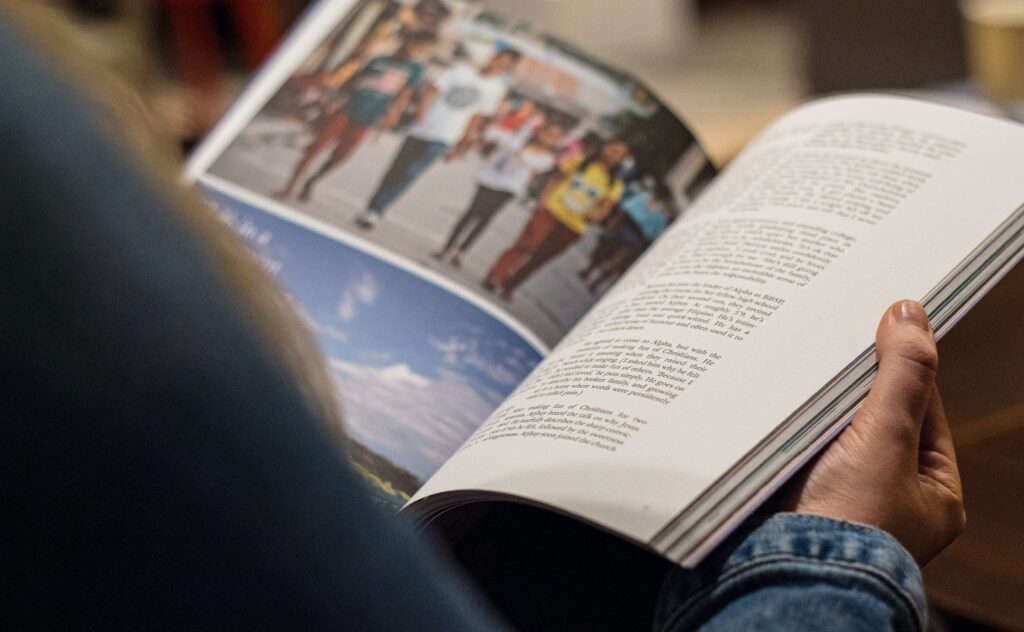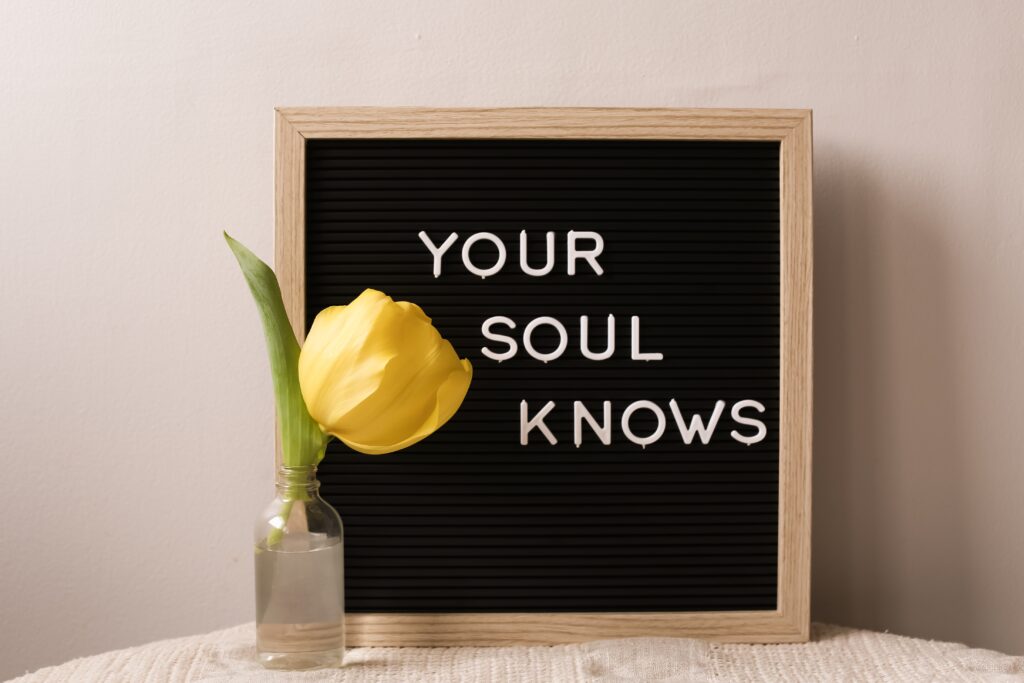
A friend of mine recently attended her first counselling session, and then returned dismayed, disappointed and down-heartened because her counsellor didn’t give her any advice. She complained, loud and long, that she’d paid upwards of £50 a session, and come away with nothing. Not even a crumpled leaflet. Far from empathising with her plight, I had to point out that advising isn’t what a therapist does.
And there are many reasons for this lack of therapeutic direction within the session. But none of them are because we don’t care or we’re not listening properly. The point of counselling is to give you the time and space to explore your own emotions and work out what’s best for you. Ultimately, you’re the expert on you. And no matter how intelligent, impressive or imposing another person’s opinion is – they don’t know you, better than you know yourself.
So, if you’re considering counselling, but also wondering whether the whimsy, non-advice will work for you, here are some points about the way therapists work.
1. We’re counsellors not gurus
I would never, ever suggest that anyone navigate life in the way I have. The mistakes I have made could fill pages. I can be lazy, short tempered, vain. I have ghosted, gossiped and gloated and the list of my misdemeanours goes on and on. I am not, and never have been an all knowing spiritual guru. Although, God knows, the idea of a guru is seductive the reality is that they often lead to danger, deception and massive disappointment. Especially when they turn out to be just as human and flawed as everyone else.
However what I can do, like all good counsellors, is cast my own concerns aside for fifty minutes and be completely present for your needs. I can sometimes spot patterns in your past experiences, help to make the unconscious conscious and work with you towards creating a future that’s a brighter, better fit.
2. The point of counselling is to gain insight and understanding into your self
This is the most important reason why good counsellors won’t give advice. Because the point of counselling is for you to understand yourself better. It’s to get clarity and insight into why you make certain decisions, and to explore the impact that early childhood experiences might be having on your life now.
So, if I were to give you advice and tell you what I think you should be doing, I’d firstly be imposing my own views. And secondly, I’d be denying you the chance to learn more about yourself. Good counselling is always about making the client as powerful as possible, as they’re the ones in charge of their own life. It could be that we explore potential outcomes to problems together, but it’s not my job to advise, pressure or persuade. In fact doing so is likely to end in a ruined therapeutic relationship and lack of trust. No one wants that, so that’s exactly why your counsellor won’t advise.
3. Rules of behaviour are not your saviour

Embarrassingly, for many, many years I was absolutely obsessed with women’s magazines. I bought dozens every month. From Jackie to Cosmopolitan and everything in between. Regardless of whether they were relevant to my actual life or not. They would tell me in precise, particular and painstaking detail how to wear my hair, dress for success and find true love.
And for a while women’s magazines served as a code of conduct, providing me with rules about what the fictional perfect female does and doesn’t do. I lapped this stuff up. And then, while training to be a counsellor I learned about the concept of introjections. These are ideas which are absorbed from society or care givers and adopted because they win praise.
Thereafter, many of my counselling sessions were spent mentally wading through 30 years worth of glossy magazine advertisements, until I was able to see the illusion and focus on my own ambitions rather than a lifestyle that had been sold to me.
My magazine obsession may be unique me, but the theme is universal. Any book, person or culture that’s presented you with rules of behaviour, would probably benefit from being examined in counselling. Sometimes these rules may work wonderfully for you, but they can equally be stifling. A good counsellor won’t add to this confusion, by giving you advice. Instead she can work with you to find out who the real, authentic person underneath the introjections is.
4. If it’s advice you need speak to Citizens Advice
Sometimes specific information is exactly what you need. Particularly if the questions keeping you awake at night are legal, financial or logistical. In which case I present to you Citizens Advice. A wonderful organisation, staffed by professionals who really know their stuff. However, when dealing with feelings it’s not a case of right or wrong, or good or bad advice. The best way to make the decision that’s right for you is to spend time with a counsellor you trust. This allows you to access your own intuition and think through different outcomes.
The urge to look outside ourselves for advice is strong and understandable. But mostly the insight we need is within us, and we just require the right therapist to ask questions to bring it out. Counsellors don’t advise, and that’s just as it should be.
Look inside yourself for the answers – you’re the only one who knows what’s best for you. Everybody else is only guessing.
Charles de Lint

